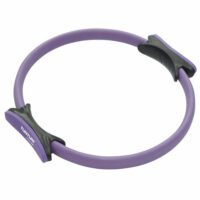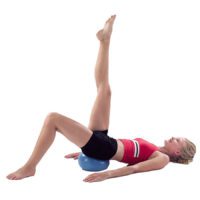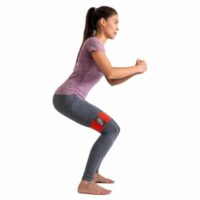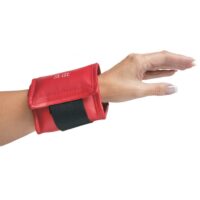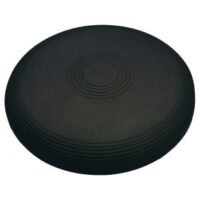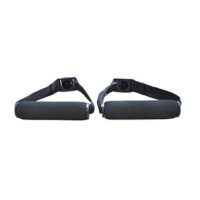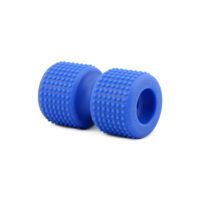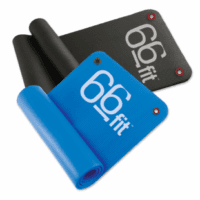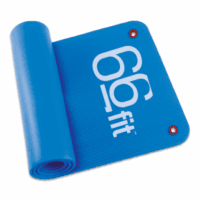Agility Exercises
Article by John Miller

Maximising Recovery with Agility Exercises
Agility and Sports-Specific Exercises
Recovering from sports injuries or post-operative conditions requires a smart approach. Physiotherapy is central to this journey, with agility and sports-specific exercises playing a key role. These exercises are not just for recovery; they enhance quickness and responsiveness, vital for returning to sports.
Tailored Physiotherapy for Sports Injuries
Different sports expose athletes to unique risks and challenges, necessitating customised physiotherapy approaches. Football players, for instance, often encounter knee and ankle injuries due to abrupt movements. Swimmers, conversely, might experience shoulder issues from repetitive motions. Recognising these sport-specific demands is key for physiotherapists in crafting targeted rehabilitation strategies.
Injury Prevention and Performance Enhancement
Effective sports physiotherapy also focuses on injury prevention, incorporating strengthening exercises, flexibility routines, and education on proper techniques. Athletes in high-impact sports like basketball might engage in plyometric exercises for knee stability, whereas endurance athletes such as runners may focus on hip and core strength to prevent overuse injuries.
Innovative Techniques in Physiotherapy
Advancements in physiotherapy involve using technology like motion capture for biomechanical assessments. These tools help in analysing and correcting an athlete’s technique to reduce injury risks. Techniques like dry needling, sports massage, and joint mobilisation are also integral in enhancing recovery and performance.
Psychological Aspects of Sports Recovery
The role of a sports physiotherapist isn’t limited to physical treatment. They also offer vital support in overcoming the psychological challenges associated with injuries, such as fear of re-injury or frustration. This support is crucial for building confidence and ensuring a positive mindset for a complete return to sports.
A Comprehensive Approach to Sports Physiotherapy
Tailored physiotherapy for sports injuries involves a holistic approach. It addresses physical rehabilitation, preventive measures, technique optimisation, and psychological support. This comprehensive care ensures athletes not only recover safely but also return to their sports with improved performance and resilience.
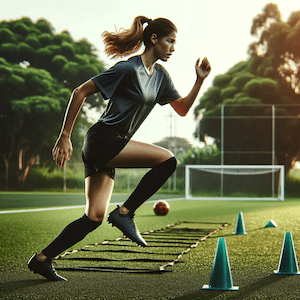
Key Exercises for Agility
A mix of agility exercises is crucial for effective rehabilitation. This includes plyometrics, balance training, and drills mirroring sports movements. Proper technique and intensity are vital to ensure safety and effectiveness.
Customising Therapy for Sport-Specific Needs
Different sports pose various risks, necessitating customised physiotherapy. A qualified sports physiotherapist can create specific exercises to meet these needs. The aim is to boost agility and prevent injuries, ensuring a safe return to sport.
Sport-Specific Strategies for Injury Prevention
In sports like basketball, focus is placed on knee and ankle stability, while in cricket, shoulder and back strength is prioritised. This tailored approach ensures that athletes receive targeted treatment to strengthen vulnerable areas, enhancing performance and resilience. Additionally, physiotherapists prevent overuse injuries by understanding specific sports mechanics, thereby accelerating recovery and educating athletes on maintaining optimal physical health.
Essential Agility Drills for Athletes
A mix of agility exercises is crucial for effective rehabilitation. This includes plyometrics, balance training, and drills mirroring sports movements. Proper technique and intensity are vital to ensure safety and effectiveness.
Enhancing Performance with Specific Movements
Plyometrics improve explosive strength in sports like soccer, while balance training is essential for gymnastics and surfing. These exercises improve coordination and spatial awareness, crucial for sports performance. Incorporating sports-specific movements into rehabilitation prepares the athlete’s body for their sport’s demands, reducing re-injury risk and boosting psychological readiness.

Beyond Exercises: A Comprehensive Treatment Plan
Physiotherapy isn’t just about exercise. It encompasses deep core activation, biomechanical correction, and custom rehabilitation plans, addressing injury causes and preventing recurrence.
Integrating Mind and Body for Complete Recovery
Deep core activation stabilises the spine and pelvis, fundamental for sporting activities. Biomechanical correction adjusts movement patterns to reduce injury risk. Mindfulness and relaxation techniques are also incorporated to address the mental and emotional aspects of recovery. This holistic approach ensures athletes return to their sport physically and mentally prepared.
What to Do? Consult Your Sports Physiotherapist
If you’re dealing with a sports injury or post-surgery, consulting a sports physiotherapist is vital. They can offer a program tailored to your needs. Start by visiting your local sports physiotherapy clinic or exploring PhysioWorks resources.
Related Articles:
- Sports Injury Management: This article provides an overview of various sports injuries, offering insights into their management and prevention.
- Treatment – Physiotherapy: Here, readers will find information on different physiotherapy treatment strategies for healing and mobility. The article discusses manual therapies, soft tissue manipulation, and other techniques vital for recovery.
- Physiotherapy & Exercise Prescription: This page showcases various physiotherapy exercises and equipment, emphasising their role in treatment and recovery. It’s a valuable resource for anyone looking to understand the exercise component of physiotherapy.
- Injuries & Conditions: This section of the website offers detailed insights into a wide array of injuries and conditions, which would be highly relevant to readers of the original article.
- Balance: Balance is a key aspect of agility and sports performance. This article discusses how to improve balance, including exercises and products that can help, making it a great resource for anyone interested in enhancing their stability and agility.
- Foot Pain: Since many sports and agility exercises impact the feet, this article provides valuable information on various causes of foot pain and their management.





